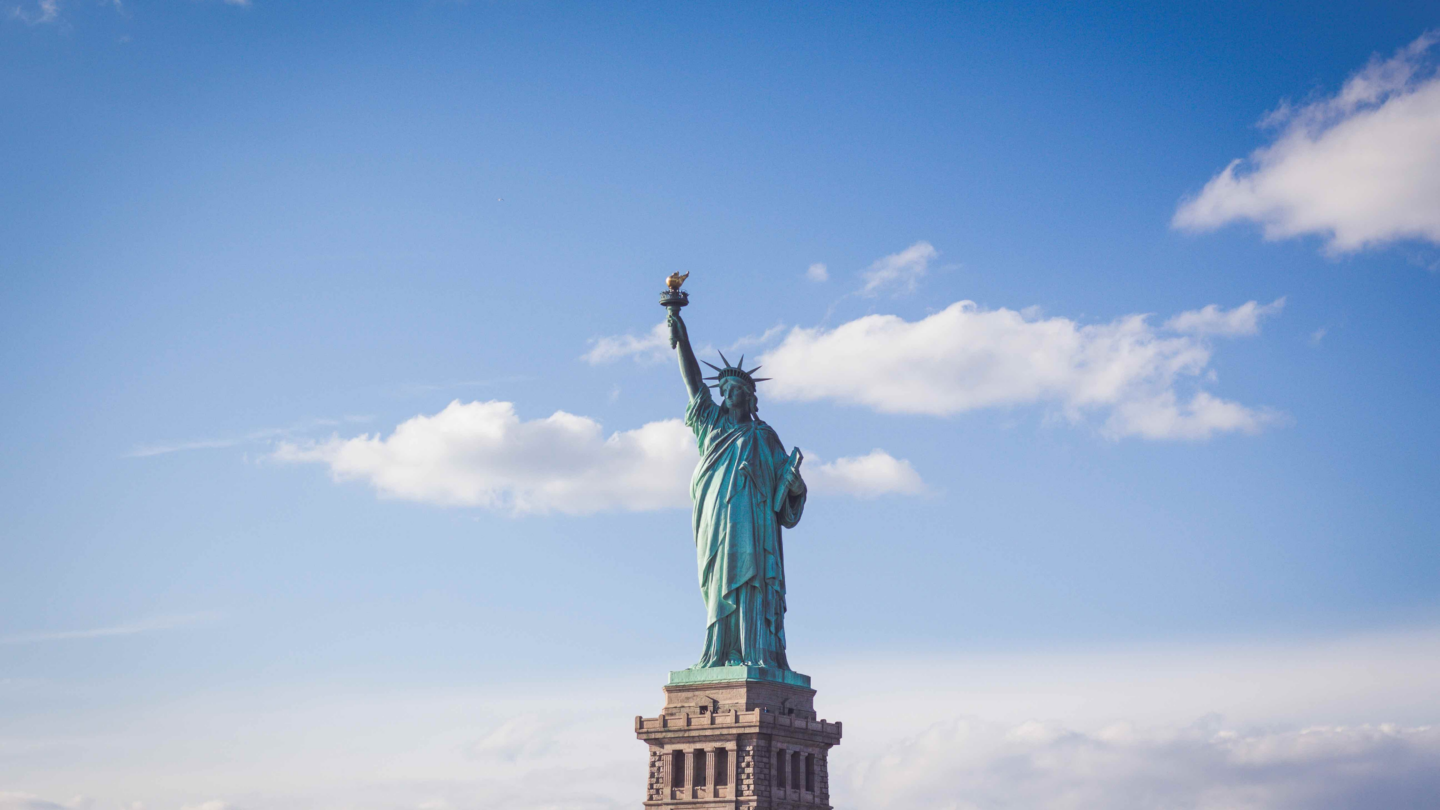Last weekend, I was on Stossel over at Fox Business News to discuss a new path for libertarianism. While much was left on the cutting room floor, I argued that libertarians should abandon their blanket opposition to public assistance, acknowledge that market failures and public goods sometimes demand government action, and speak out as much about excessive military expenditures, war, and civil rights as they do about, say, the Export-Import Bank and corporate income taxes.
Alas, my friend John Stossel—like many hard-line libertarians—disagrees, arguing that I am calling for “libertarianism lite” and a surrender of principle. If libertarianism is about advancing individual liberty, however, these aren’t acts of surrender. They are necessary prerequisites for a free society.
Consider the case for more robust libertarian support of civil rights. Stossel argues that freedom of association should trump all, so if white restaurateurs want to ban African-Americans from lunch counters, or if white businessmen want to ban African-Americans from the workplace, then fine. The right of racists and bigots to act as such in the privacy of their own establishments is sacrosanct.
But does this really advance liberty? History matters. A country with a savage three-century history of state-sanctioned slavery and apartheid can’t just drop the official discrimination and expect members of downtrodden groups to suddenly enjoy anything resembling equal freedom. The point of racist and sexist legal regimes is to coercively shape civil society into an engine of exclusion and repression. Defending unchecked “freedom of association” in a society whose institutions and culture have been built around the goal of denying freedom to most people is, in effect, a slightly less obvious way of continuing to deny freedom to most people. If you doubt that, just ask yourself whether the south is, on the whole, really less free today than it was in the 1950s because whites can no longer treat African-Americans as subhuman, second-class citizens.
Or consider the libertarian case for a social safety net. Stossel, like F.A. Hayek and Milton Friedman, concedes that public assistance to the poor is desirable. Even so, the safety net, Stossel argues, “has become a giant hammock that encourages dependency.” Really?
- Only 23 percent of the families below the poverty line receive any cash benefits from government at all.
- Only 23 percent of low income families receive any public housing assistance whatsoever, and when they do receive it, it drives them to more disadvantaged neighborhoods than those they are trying to escape.
- The average food stamps recipient receives about $4 of food stamps per day.
- The people in the poorest fifth of the United States receive a grand total of about $4,600 per person in direct and indirect public assistance (not counting Medicare or Social Security).
- Fully 1.5 million American households with 3 million children live on less than $2.00 per day (twice the number than it was before welfare reform was passed in 1996).
It should be fairly obvious that one’s freedom is enhanced when one has the resources to act freely. We increase the amount of freedom in this country when we eliminate the greatest obstacle to living freely: poverty.
Accordingly, libertarians should champion public assistance to the poor, but should do so through more efficient and effective vehicles such as wage subsidies or a guaranteed basic income. In so doing, counterproductive work disincentives would be minimized, human dignity preserved, and a great deal of labor and trade regulation—which would be no longer needed to help low income workers—could be jettisoned in the process. Deregulating markets in this fashion would unleash job opportunities and wealth creation, producing a clear increase in economic liberty while simultaneously helping low-skilled workers.
The important point here is that society is a cooperative venture for mutual advantage. We facilitate that social cooperation by eliminating economic deprivation and the social barriers preventing many of us from engaging fully and productively with our fellow man. Liberty and economic wellbeing are enhanced as consequence.
Libertarians ought to cheer policy that will help do that, but Stossel demurs. “We free-market supporters know what really creates prosperity and opportunity: economic freedom!” Quite so. But it’s no coincidence that economic freedom—according even to libertarian metrics—does well in social democracies like Denmark and Sweden, where social safety nets are large. Obviously the latter does not necessarily cripple the former. Indeed, there is some evidence to suggest that the economic freedom Stossel hopes to achieve cannot be politically delivered without some governmental guarantee that those who can’t survive in the capitalist jungle won’t experience deprivation as a consequence.
Sure, making peace with civil rights legislation and public assistance (among other things) represents a politically helpful course correction for a libertarian movement that is, at present, deep in the political wilderness. But it is not an abandonment of principle. It is an affirmation of principle, and a long overdue one at that.

